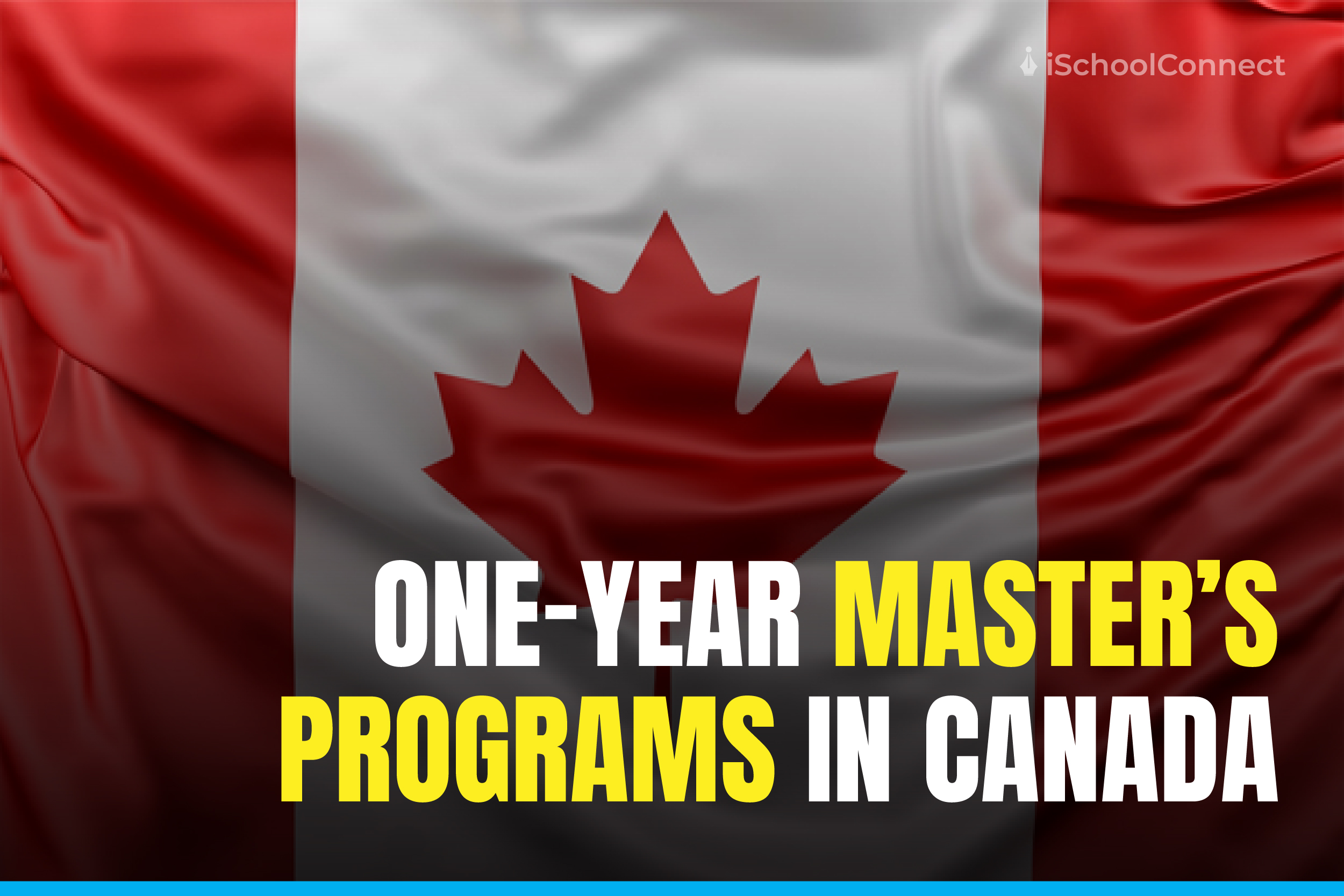Table of Contents
Introduction
Canada is one of the most popular international student destinations worldwide. The country provides numerous opportunities for personal and professional development. The good news for those who want to study in Canada is that living expenses for international students in Canada are generally lower than in other countries (the UK, Australia, and the USA). Studying in Canada is a worthwhile investment for students’ futures because they will gain access to the premier education and a globally recognized degree. However, you should have a fair idea about the cost of living in Canada if you’re planning to move there for studies. Let’s find out more about it and the top factors to consider.
Cost of accommodation
It will be easy for you to find on-campus housing as an international student at Canadian universities. The vast majority of first-year students would prefer to live on campus. As most students need to share their rooms with a common dining area, a laundry room, and recreational facilities, you must consider whether on-campus housing meets your needs.
The most critical thing to consider before moving into on-campus housing is the rent you will have to pay. On-campus housing costs range between CAD 3,000 and CAD 8,000 per year on average in Canada. On the other hand, for staying off-campus, students might spend anywhere between $750 and $2200 per month.
| Type of Accommodation | Average Cost (CAD) |
| Unfurnished apartment rentals | $300 to $500 (monthly) |
| Shared accommodation off-campus | $400 to $700 (monthly) |
| 1 BHK outside of City Center | $1,123 (monthly) |
| 1 BHK in City Center | $1,332 (monthly) |
| On-campus | $8,000 $10,000 (annually) |
Cost of food

Food is never a problem in Canada. Indian, American, Continental, Italian, and Chinese cuisines are available in every town. However, food in Canada can be a little on the pricey side.
The average monthly cost for food and other expenses in Canada can range between CAD 200 and CAD 600. A restaurant breakfast, lunch, or dinner may cost between CAD 10 and CAD 15 per person.
Cost of public transportation
The public transportation system in Canada is well-connected, efficient, and secure. International students can save money on their monthly expenses in Canada by taking advantage of public transportation. Aside from that, depending on where you live, cycling or walking to college is an excellent option.
In Canada, buses, trains, subways, and light-rail trains are all standard modes of public transportation. You can get student discounts on these public transportation options by showing your student I-Card. It is a great way to cut your monthly living expenses in Canada.
The following is an estimate of transportation costs to help international students plan their monthly expenses in Canada-
| Factors | Average cost per month |
| Busses | 100 CAD-150 CAD |
| Subway | 65 CAD-99 CAD (monthly pass) |
| Taxis (one km) | 40 CAD-50 CAD |
Health insurance in Canada
It will be mandatory for you to have health insurance, but the coverage will vary depending on the province in which you choose to study. For example, if you choose to study in Quebec, Manitoba, British Columbia, Alberta, Saskatchewan, Labrador, or Newfoundland, the provincial government’s health plans will cover you. The coverage will be according to your length of stay. In any other province, you must obtain private health insurance.
Canada’s opportunities and quality of life make every dollar you spend worthwhile. So, don’t worry; you can manage this cost-effectively if you take the right approach. You can always work part time while attending classes. It will not only help you gain control of your finances, but it will also improve your personality.
| Name of plan | Approximate costs in CAD |
| iMED | $237 for three months or $338 if you are a one-term exchange student. |
| AMS/GSS Health and Dental Plan | 185 CAD for eight months |
| BC MSP Program | 75 CAD for one month |
The average annual premium for obtaining health insurance ranges between $500 and $700, according to the Canada Insurance Plan. Manulife Financial, Alliance Global, Sun Life, Green Shield, and other well-known insurance companies that cater to international students. Insurance is an unavoidable component of the cost of studying in Canada.
Money-saving tips for international students

Here are some tips that students can try during their stay in Canada.
Scholarships
In Canada, there are approximately 800 scholarships available to international students. The scholarships provide a stipend and tuition, housing, travel expenses, and health insurance. Students can reduce their cost of living in Canada if they obtain a scholarship to fund and support their studies and stay in Canada.
Student cards
Canada is a country that values and cares about its student population. The nation has provisioned daily discounts for students to reduce the cost of living in Canada for international students. To do so, present your I-card or student card at the time of purchase or payment. These savings are available in department stores, bookstores, restaurants, and using public transportation.
Part-time jobs
Part-time jobs in Canada are one of the best ways for students to reduce their monthly living expenses in Canada. The student visa allows you to work various on-campus part-time jobs. You may also apply for an off-campus employment permit after six months of study in Canada. A Canadian student visa allows international students to work 20 hours per week in part-time jobs in Canada.
What are the average salaries in Canada?
Aside from the cost of living, the other major financial consideration is how much you’ll earn. Your salary may vary greatly depending on where you choose to live in Canada, as employers compensate for the cost of their city. If you don’t intend to stay in your current job, the tables below will give you an idea of what kind of salary you can expect in your industry in Toronto or Montreal.
| Job roles | Average salary in Toronto (in CAD) | Average salary in Montreal (in CAD) |
| Product Manager | 69,402 | 59,398 |
| Software Engineer | 57,673 | 52,127 |
| Mobile Developer | 53,257 | 57,956 |
| Financial Analyst | 52,067 | 42,722 |
| Web Developer | 43,663 | 42,015 |
| Teacher | 40,439 | 37,889 |
| Graphic Designer | 37,966 | 33,831 |
| Copywriter | 35,130 | 33,534 |
| Receptionist | 23,763 | 22,486 |
| Cashier | 21,101 | 16,273 |
Key takeaways
- Understanding the cost of living in Canada is crucial for study-abroad students. Carefully assess your expenses, including accommodation, transportation, food, and entertainment, to create a realistic budget that aligns with your financial capabilities.
- Housing costs can vary significantly across different provinces and cities in Canada. Explore a range of options, such as university dormitories, shared apartments, or homestays, to find an affordable and comfortable living arrangement.
- Familiarize yourself with the healthcare system in Canada and ensure you have appropriate health insurance coverage during your stay. Understanding your coverage will help you plan for any potential medical expenses.
- As an international student, take advantage of the numerous discounts and benefits available to you. From discounted public transportation passes to student rates for entertainment and attractions, these perks can help you save money and enjoy your time in Canada.
- Adopting cost-effective habits can go a long way in managing your expenses. Cook meals at home, take advantage of free or low-cost recreational activities, and shop smartly to stretch your budget further.
Did you find this blog helpful? Do share your views and perspectives in the comments below. Please contact us for more information on studying abroad by clicking here. We would be happy to assist you with your queries.
Liked this blog? Read next: Study abroad Canada | All you need to know about
FAQs
Q1. What are the most affordable cities in Canada for students?
Answer- Although the cost of living in Canada for students in major cities is high, cities such as Quebec, Ontario, Alberta, and others are significantly less expensive while providing a pleasant experience of staying and studying.
Q2. How much do students get paid per hour in Canada?
Answer- In Canada, a student typically earns between CAD 10 and CAD 15 per hour; however, this can vary depending on the city and job.
Q3. What are the average monthly expenses of a single person in Canada?
Answer- The cost of living in Canada varies from city to city. However, one can estimate the national average cost of living for one person to be $2,730.






